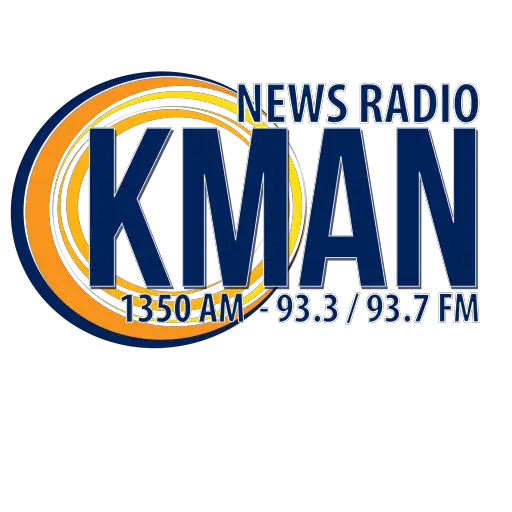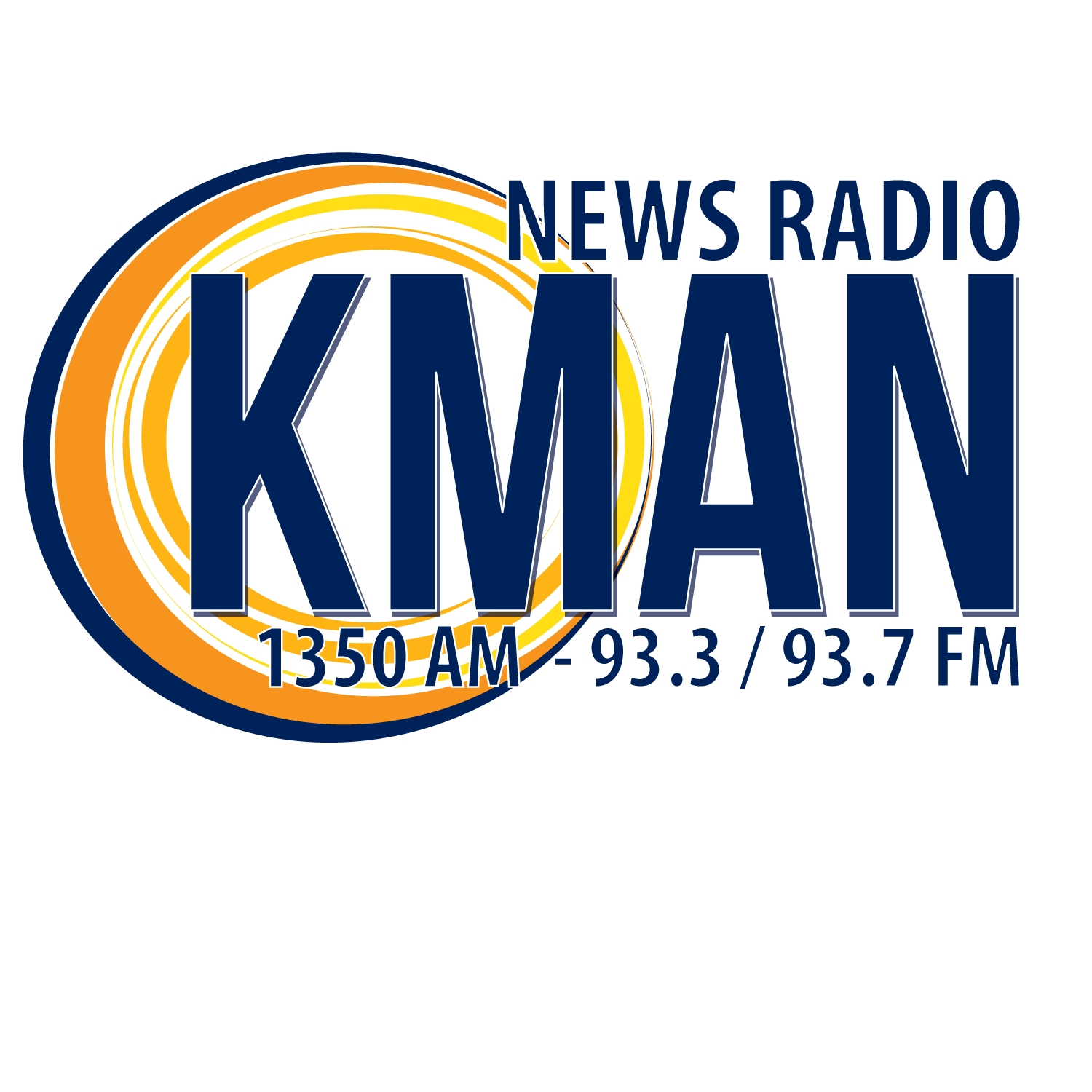TOPEKA — Kansas’ tax collections have beaten expectations nearly every month for the past two years and the state expects to end June with close to $1 billion in cash reserves, but the budget problems that followed a former governor’s notorious tax-cutting experiment aren’t necessarily a thing of the past.
The steep income tax cuts that former Republican Gov. Sam Brownback championed to try to stimulate the Kansas economy contributed to persistent and severe budget shortfalls that caused some GOP legislators to rebel and gave the state’s new Democratic governor, Laura Kelly, a potent issue to successfully campaign on last year.
Seeking to keep the budget stable since taking office in January, Kelly twice thwarted efforts by the Republican-controlled Legislature this year to reduce taxes. However, problems have arisen on the spending side of the state’s ledger: The budget that lawmakers eventually approved this year was relatively generous, leaving it unclear how far into the future the new spending can be sustained.
Projections from the Legislature’s nonpartisan research staff show that spending will outpace revenue under the budget covering the fiscal year that begins in July. The researchers predict that the same will be true in following years, making future budget shortfalls inevitable unless lawmakers raise taxes or pull back on spending. The most optimistic scenario has at least a small shortfall developing in 2023.
“The trend is certainly negative,” said state Senate Majority Leader Jim Denning, a Kansas City-area Republican. “Gov. Kelly will have one more year of easy budgeting, but her third year as governor, we will find out just out how deep her leadership skills are.”
The budget outlook didn’t stop Denning and other top Republican lawmakers from pushing for tax cuts this year. They argued that it’s unfair for some businesses and individuals to automatically pay more in state income taxes because of the changes to the federal tax code at the end of 2017. But even as the extra burden hit taxpayers this spring, the prospects of future budget problems undercut their efforts.
Kelly and other Democrats invoked Brownback’s tax experiment, in which the state slashed income taxes in 2012 and 2013. Big budget shortfalls prompted lawmakers to raise the state’s sales tax, divert funds from highway projects, reduce contributions to public pensions and tighten spending on social services, all while facing multiple court orders to boost spending on public schools.
Voters came to view the experiment as a failure, and bipartisan supermajorities repealed most of the tax cuts in 2017 over Brownback’s veto.
The history helped Kelly politically when she vetoed Republican leaders’ more modest tax bills, keeping a few GOP moderates in her fold to prevent her actions from being overridden.
However, the researchers’ projections are dampening state officials’ relief over Friday’s Kansas Supreme Court ruling that state public school spending will be sufficient under a new education funding law. They could also hurt Kelly’s push to win passage next year of a plan to expand Medicaid coverage for up to 150,000 more adults and efforts to increase spending on prisons, higher education and social services, which all received significant increases this year.
The most optimistic projection assumes that unanticipated tax collections this year will continue into the future even as spending outpaces revenue by at least $200 million every year, leaving the state with a $153 million shortfall for 2023. Under a more pessimistic revenue scenario, the state would see a shortfall of nearly $100 million in 2022.
Kelly has chastised GOP leaders for pursuing tax relief and rejecting her plans to give the state more budget breathing room by revising payments to the state’s public pension system.
She said during a recent interview that spending increases this year were warranted to repair a state government harmed by Brownback’s tax experiment, adding, “There is still a lot of work to do.”
“We might not have the amount of revenue that we need to pay our bills in 2023,” Kelly said. “I wanted to have the cash on hand to ride us through that storm if that storm comes our way.”
Top Republican lawmakers defended their push for tax relief this year, saying they wanted to move quickly enough so that the state wouldn’t start collecting its “windfall” this spring.
“Tax policy is one of things you look at as you look at trying to figure out how to make your economy grow and thrive,” said Senate budget committee Chairwoman Carolyn McGinn, a Wichita-area Republican.
The state’s tax collections have exceeded expectations in 23 of the 24 months since Brownback’s tax cuts were reversed. Tax collections were $158 million ahead of expectations through May and, for the budget year that ends this month, are on pace to grow by nearly 6.4 percent. Cash reserves, meanwhile, are projected to hit $978 million by the end of the month.
The Department of Revenue doubts that the tax collection surplus will be ongoing. State officials and economists also believe that the national economy will slow down in 2020 or 2021, said Steve Stotts, the department’s taxation director.
“A recession is on the horizon sometime,” said House Appropriations Committee Chairman Troy Waymaster, a Republican from western Kansas. “We don’t know how bad it could be.”


